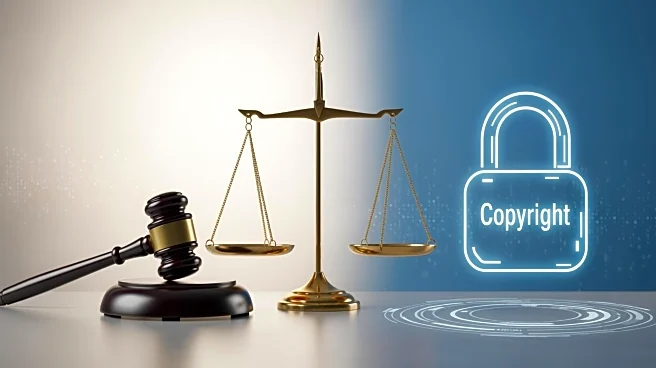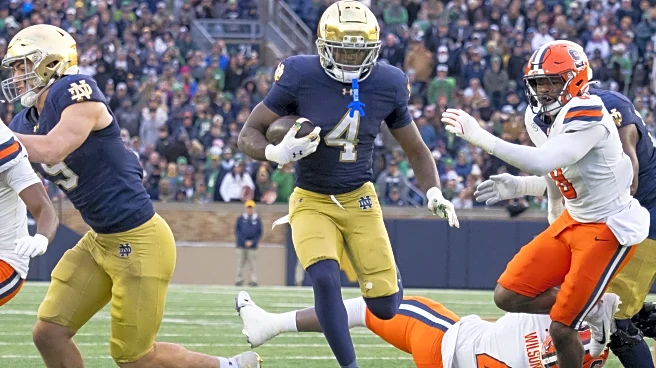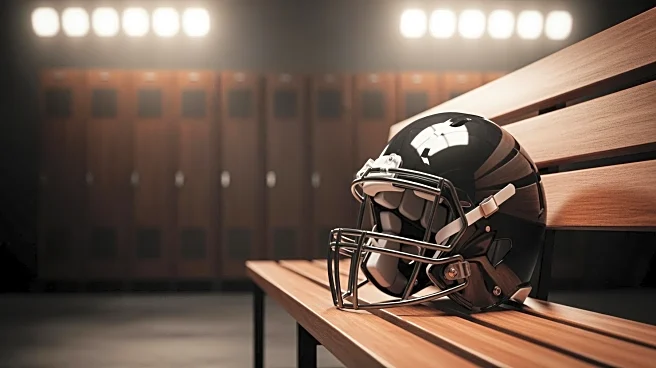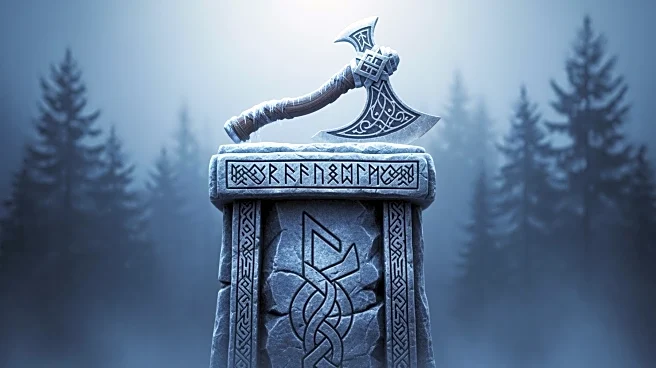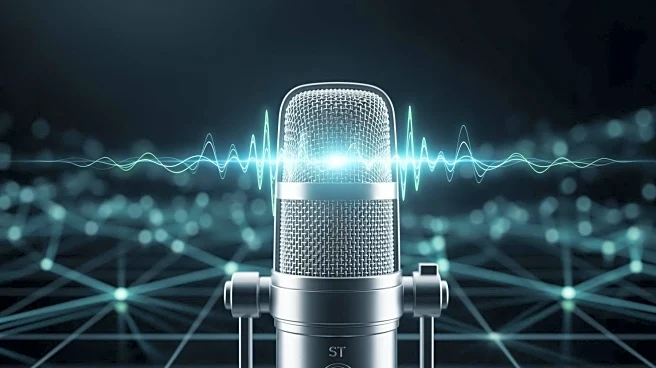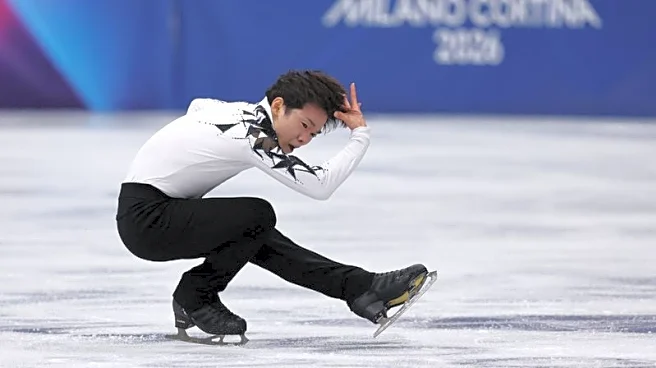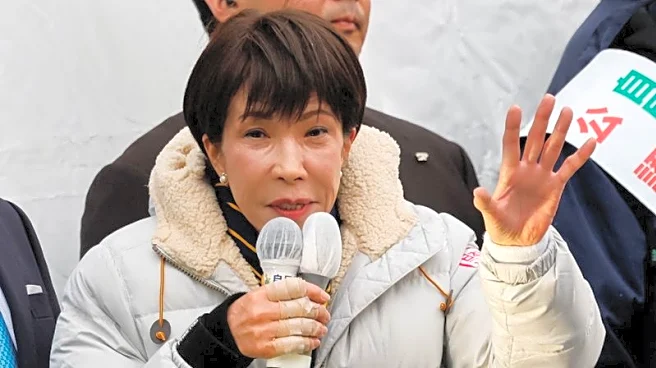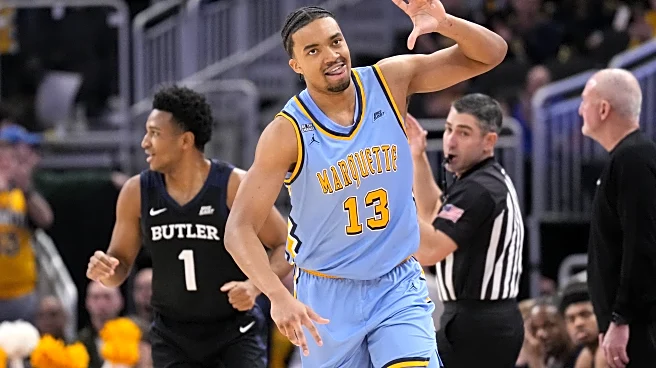What's Happening?
German collecting society GEMA has secured a landmark ruling against OpenAI, with a court finding that OpenAI's ChatGPT violated copyright laws by using song lyrics without authorization. The court determined that OpenAI should have obtained licenses
for German song lyrics in GEMA's repertoire before utilizing them in ChatGPT's training and operations. This decision marks the first instance of a European court ruling in favor of creators whose works have been used by generative AI systems. The court rejected OpenAI's claim of being a privileged research organization, emphasizing that legal authorization for text and data mining does not justify the storage and output of copyright-protected song lyrics.
Why It's Important?
This ruling is significant as it sets a precedent for how generative AI systems must comply with copyright laws, potentially impacting AI companies globally. It underscores the necessity for AI developers to obtain proper licenses for copyrighted material, ensuring fair remuneration for creators. The decision could lead to increased legal scrutiny on AI systems and their use of copyrighted content, affecting the operations and financial obligations of AI companies. It also highlights the growing tension between technological advancement and intellectual property rights, prompting discussions on how to balance innovation with legal compliance.
What's Next?
GEMA has another lawsuit pending against the US-based AI music generator Suno, scheduled for a hearing in January 2026. This case could further define the legal landscape for AI systems using copyrighted material. AI companies may need to reassess their licensing strategies and engage with copyright holders to avoid legal challenges. The ruling may encourage other collecting societies to pursue similar legal actions, potentially leading to a wave of lawsuits against AI developers. OpenAI and other tech giants might need to develop new licensing models to accommodate the legal requirements for using copyrighted works.
Beyond the Headlines
The ruling raises ethical questions about the use of creative works by AI systems and the rights of creators in the digital age. It challenges the notion of the internet as a free resource for AI training, emphasizing the value of human creativity and intellectual property. This case could influence future legislation on AI and copyright, shaping the way technology interacts with creative industries. It also highlights the need for transparent and fair licensing agreements that protect the interests of creators while allowing technological innovation.
